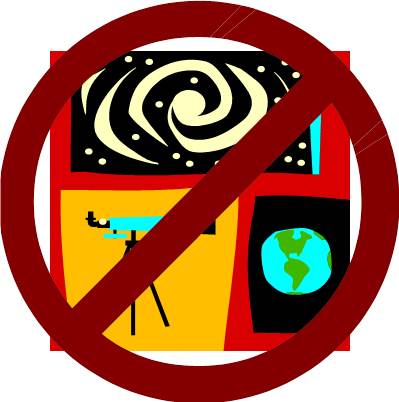 Are you familiar with the principle of "productive failure"? I read the following article on a blog I follow: Bigger Gains for Students who Don't Get Help Solving Problems. What a cool idea... let kids struggle and figure out stuff on their own! We want to do what 's best for our students, but what if what is best is to allow them to struggle?
Are you familiar with the principle of "productive failure"? I read the following article on a blog I follow: Bigger Gains for Students who Don't Get Help Solving Problems. What a cool idea... let kids struggle and figure out stuff on their own! We want to do what 's best for our students, but what if what is best is to allow them to struggle?The article discusses students working on math problems, but the concept transcends the content.
Americans don't like failure. How many times have you heard, "Failure is not an option"? Too many American parents don't like to see their children struggle and they go to great lengths to protect them from any sort of struggle, pain, or disappointment. I wonder what might happen if we were able to shift our paradigm to accept that struggle produces growth. It's that butterfly thing... if you don't allow the butterfly to build its strength as it struggles to escape its cocoon, it may be never strong enough to fly. If you want to read more about Western v. Eastern cultural perspectives on struggling click here. They are quite different.
 |
| Edison's view of failure. |
Embrace Discomfort! I served on my district's science curriculum committee for many years and I brought that phrase into our work as our group struggled together to incorporate the Next Generation Science Standards into our own thinking and into our course structure and curriculum maps. We both experienced and embraced a lot of discomfort, let me tell you!
The article I referenced brought many educational connections to mind as I read. Struggling to put something together without help isn't just something husbands do because they don't like to read directions, it's a critical component of constructivist theory (Piaget). When you make meaning on your own it is deeper and longer lasting. I think back to a student teaching experience I had (shout out to District 112's awesome Angie Lawrence) with a levers and pulleys lesson. Students "explored" (edu-speak for play) with the various pieces and constructed things that could lift other things. They gave each of the pieces of their structures a name and all the groups shared with the big group what they did and what they called it. Only later did we "teach" the basics of a lever and pulley system. The learning was actually deeper for students because they'd already had hands-on experience with the pieces and understood the basics of how the systems worked.
When students have to struggle with something that is truly beyond them, when they cannot make progress on their own, they may simply shut down and stop trying. The opportunity to learn is lost. This is where the notion of "scaffolding" comes in. Expert teachers and coaches know their students well and understand where their zones of proximal development lie (Vygotsky). These teachers are able to provide the appropriate amounts of help and encouragement that give the students just enough of what they need in order to keep going. Students combine what they learned through their own struggle with the scaffolding the teacher provides and they move forward in their learning.
Growth Mindset brings all of these ideas together (Dweck). When you have a growth mindset you see struggle as an important part of learning. In fact, you may see learning itself as something that only happens when you engage in struggle. When you have a growth mindset you come to see failures the way Edison saw them, as opportunities for learning. When you have a growth mindset you understand the power of the word "yet". "Yet" speaks to possibility. "I don't know it... yet." "I can't do it... yet." "Yet" implies that whatever it is, it's on a continuum and I'm moving toward it.
As teachers, we often talk about setting up our students for success. How about setting up our students for struggle? If we understand that struggling leads to learning, then let's create the kind of learning opportunities for our students that allow them to struggle successfully. In doing so, we will make sure that our students - like the butterfly - are strong enough to fly.
As teachers, we often talk about setting up our students for success. How about setting up our students for struggle? If we understand that struggling leads to learning, then let's create the kind of learning opportunities for our students that allow them to struggle successfully. In doing so, we will make sure that our students - like the butterfly - are strong enough to fly.




